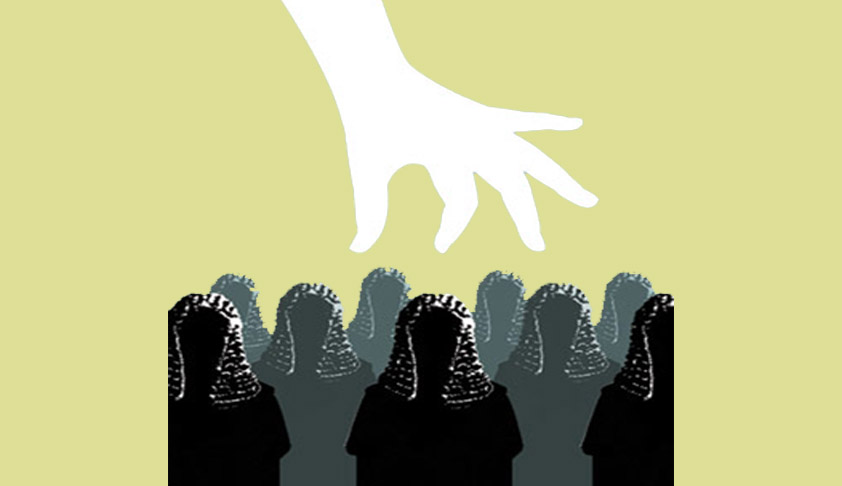NJAC is a too serious issue and can't left to 'hit and trial' or 'God': SC
LIVELAW NEWS NETWORK
9 Jun 2015 9:50 PM IST

Next Story
9 Jun 2015 9:50 PM IST
The Union Government on Tuesday candidly submitted before the Supreme Court that the National Judicial Appointment Commission (NJAC) for appointments to higher judiciary had a component of a "hit and trial" experiment for finding the best people for the posts.Contending that there was an element of uncertainty in every new experiment, Attorney General Mukul Rohatgi told the constitution...
